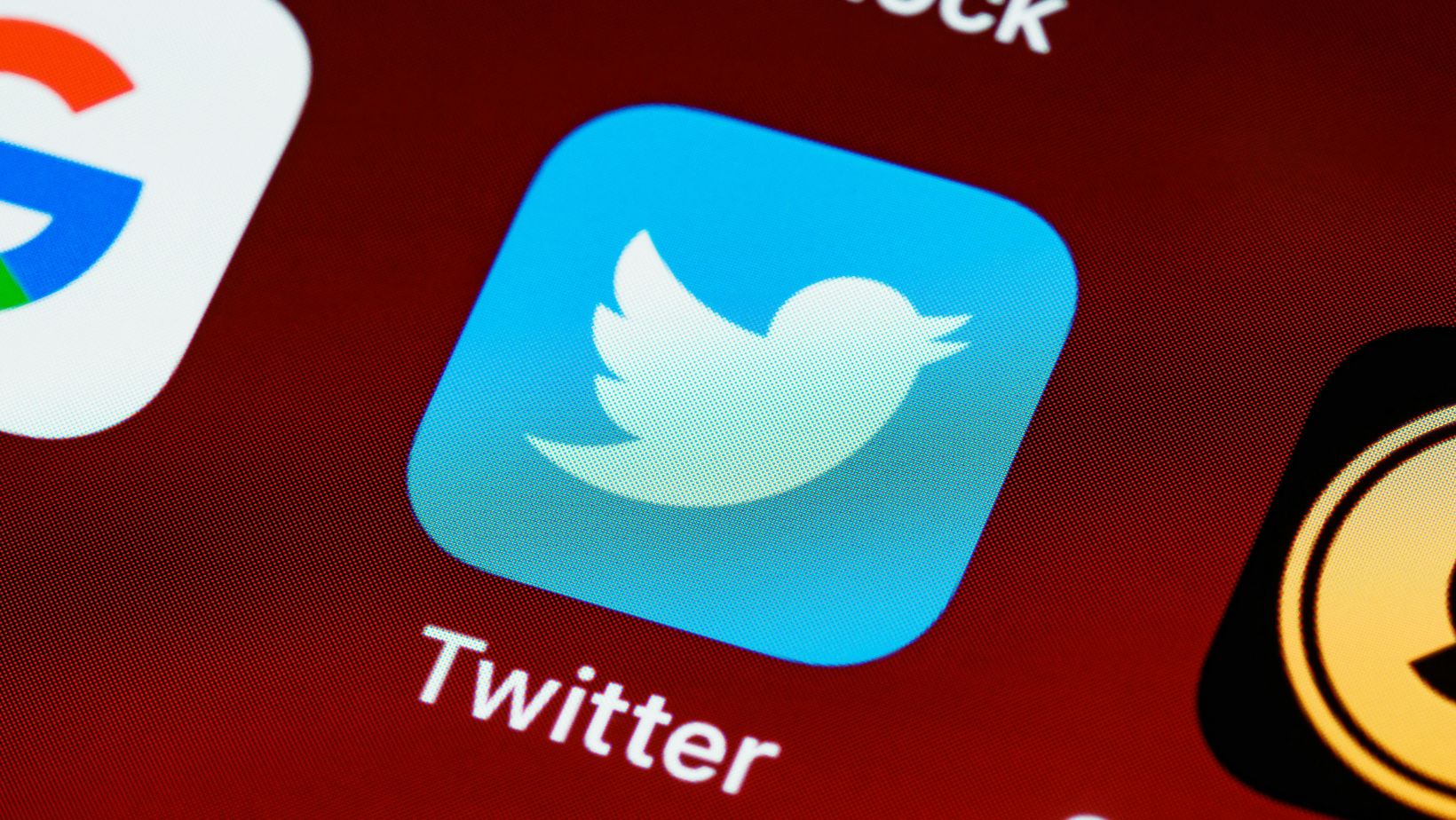So, you’re ready to post your most clever tweet of the day, but Twitter flat-out won’t load. Maybe it’s a region block, maybe your multiple accounts are annoying Twitter’s security team, or maybe you’re just not in the mood to expose yourself by browsing. Whatever your reason, there are two solutions you can go for: Twitter proxies on Android or VPNs.
Both can help you bypass limitations and protect your information. They’re not quite the same, though. In certain cases, you might prefer one over the other. Let’s discuss how proxies and VPNs work on Android and the pros and cons of using both.
Using a Twitter Proxy on Android
Imagine a proxy as an intermediary. If you use an Android proxy to use Twitter, rather than your smartphone accessing the app directly, it directs your request through another server. Twitter identifies the IP address of the proxy instead of yours.
This comes particularly in handy if you:
- Want to use several Twitter accounts;
- Need to bypass geo-restrictions;
- Want to use third-party automation software.
Put more simply, proxies provided by companies like iProxy.online are a bit like a costume: they don’t change who you are, but you can present yourself as someone else to strangers. In many cases, that’s plenty enough.
Using a VPN on Android
A VPN, or Virtual Private Network, essentially builds an undercover tunnel between your phone and the internet. Whatever you send or receive goes through the tunnel without being noticed.
You might want to use VPNs if:
- You want a layer of protection from hackers, ISPs, or even government surveillance.
- You need to access Twitter in countries where it is blocked.
- You just want peace of mind with your data being encrypted.
While a Twitter proxy that you use on your Android will only encrypt your IP, a VPN will encrypt all internet traffic on your phone.
The Pros and Cons of Twitter Proxies on Android
Of course, there are pros and cons to everything, and just like with everything, it’s important to know both sides to make an informed decision.
The pros of proxies from companies like iProxy.online include:
- Affordability. Proxies are typically cheaper than VPNs.
- Great choice for marketing. Social media managers love them for helping them take care of dozens of accounts without getting banned.
- Reusable IPs. You can use a different proxy for each account, while Twitter will think you’re logging in from different places.
The cons include:
- No encryption. Your data isn’t protected from hackers or eavesdroppers.
- Trust issues. A shady provider could be spying on you, so only download your apps from trustworthy resources (obviously).
- Not system-wide. Only works for the apps that you install it on.

Proxies are great if you just need them for specific accounts on a specific app. If that’s the case, then proxies are your best choice. If you need a wider coverage, well, that’s our cue to discuss VPNs.
Pros and Cons of VPNs on Android
As for proxies, the same goes for VPNs: there are cases when it’s a great choice, and then there are situations when it’s better to pick a proxy.
Here are the advantages of VPNs:
- End-to-end encryption. All data on your phone is encrypted.
- All-in-one solution. Works with every app, not just Twitter.
- Simple setup. Most VPN apps are as easy as hitting “connect.”
The disadvantages, on the other hand, include:
- Pricey. Good VPNs usually come with a monthly fee.
- Not ideal for juggling accounts. If you’re trying to run multiple Twitter accounts, VPNs aren’t as flexible.
- Slower speed. Encryption adds a bit of lag, which can be annoying.
VPNs can keep you safe wherever you go, but they’re not specifically trained to handle multiple Twitter personas. If you still haven’t decided which option suits you more, let’s compare both side-by-side.
Proxies and VPNs: Direct Comparison
When it comes to security, VPNs take the gold. They encrypt all of the data on your phone, so no one can snoop on your activity. Proxies don’t use encryption — that’s just not what they are meant for. They’re all about masking your IP address, not necessarily protecting your data.
For anonymity, both can hide where you’re tweeting from. But again, VPNs go a step further. With a proxy, Twitter sees a different IP address, which is great if you just want to manage a few accounts. A VPN hides your IP and locks down all your traffic with encryption, making it harder for anyone to trace you.
When it comes to usability, proxies are great for running several Twitter accounts or using automations. You can set a unique IP for each account, and this keeps you under the radar. VPNs cannot compete in this matter, but if your main concern is privacy, then VPNs take the cake.
The price is another thing. Proxies are cheaper, especially if you only need them for Twitter. VPNs are more costly, but you’re paying for enhanced security and wider coverage.
Last of all, speed. Because proxies bypass the entire encryption process, they tend to run slightly quicker. VPNs have the potential to slow things down a bit because all your traffic must go through that secure tunnel.
In short, proxies are quick and specialized. VPNs have a wider application and are much safer. It’s not so much a question of which is “better” but what works for your case.
The Bottom line: What Should You Use?
If you’re a social media manager, influencer, or marketer juggling dozens of Twitter accounts, proxies are your best bet. You’ll be able to spread out activity across multiple IPs and keep Twitter’s spam police at bay.
If you’re a tourist, journalist, or just someone who wants privacy, go for a VPN. You’ll have the confidence that your data is safe, and you can tweet without any limitations wherever you go. Some advanced settings can even use both simultaneously: VPN for safety, proxies for convenience.
Conclusion
In the end, Twitter proxies and VPNs on Android are two separate things. The “right” choice depends on your goals:
- Want to manage multiple accounts and build your Twitter profile? Use proxies.
- Want to stay incognito and bypass limitations on all your apps? Choose a VPN.
Don’t pick based on what’s popular. Pick based on what you really need. Regardless of whether you’re tweeting for work or fun, the correct tool will keep everything running just the way you want it to.


